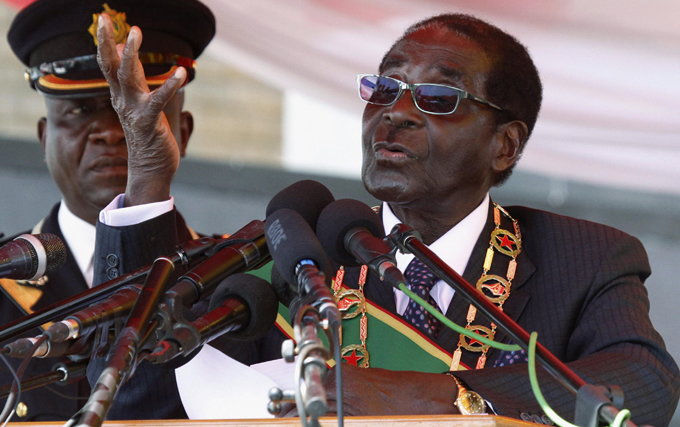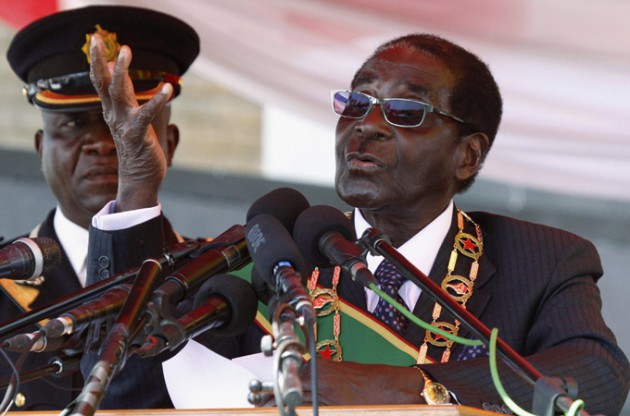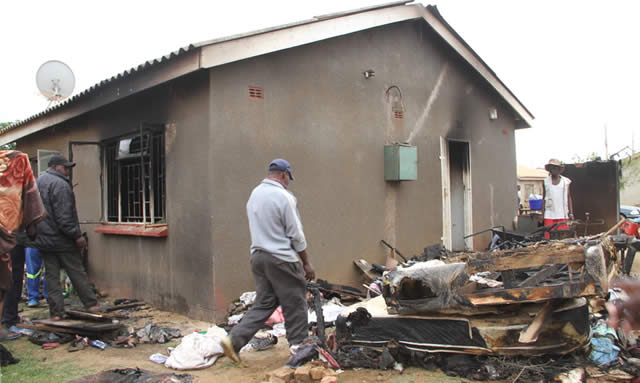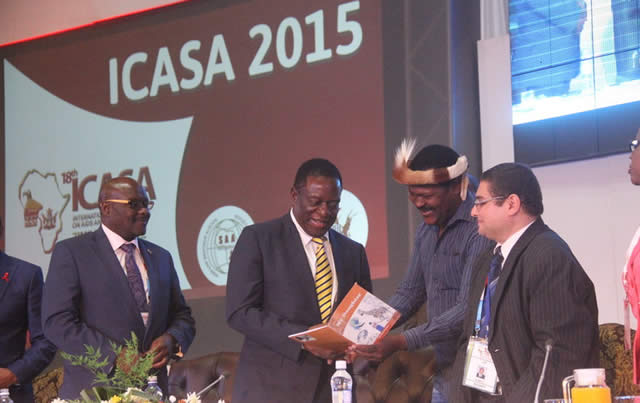Cop21 opens amid US railroading

From Caesar Zvayi in PARIS, France—-
THE 21st Conference of the Parties to the United Nations Framework Convention on Climate Change, COP21, is set to open here today amid indications the dream of coming up with a legally binding, universal agreement on climate change mitigation to curb rising atmospheric temperatures could suffer a stillbirth following an accord struck between the COP21 chair and host, France and the perennial spoilsport and notorious polluter, the United States.
President Mugabe, who carries Africa’s voice as African Union chairman, is set to join 195 other world leaders for the official opening ceremony at the Le Bourguet Complex. A pall, however, hangs over the Summit amid revelations France offered the US a key concession on the eve of the meeting which holds that a new global climate accord will not be called a treaty and might not contain legally binding emission reduction targets, effectively pre-emptying summit deliberations and the main objective of COP21.
Should the Franco-Saxon accord hold sway, it will be de javu for the climate talks as the US again sealed the fate of the Kyoto protocol that COP21 seeks to rectify by refusing to sign this one too. French foreign minister Laurent Fabius told the media here that COP21 could not come up with a treaty as that would pose problems for the US as the treaty must pass through Congress for approval.
US secretary of state John Kerry echoed Fabius’ sentiments saying COP21 cannot deliver a treaty that enforces compliance with emissions reduction. Developing countries like Zimbabwe that have agro-based economies depend on rain-fed agriculture and have a majority of their populations living in rural and farming areas, are most affected by the impact of climate change and are keen on fruitful deliberations.
Zimbabweans experienced first hand the effects of global warming during the recent heatwave that broke decades-old temperature records throughout the country. Climate change has also manifested in reduced water inflows from northern Zambia, which feeds the mighty Zambezi River, a development that has curtailed the hydro-power station’s generation capacity culminating in up to 18 hours of load-shedding in many areas.
Zimbabwe and other developing countries are pressing for successful deliberations as they bear the brunt of global warming due to over-dependence on rain-fed agriculture. The dilemma for Africa, however, is that many countries are discovering huge, untapped hydro-carbon reserves which must be used to improve energy access and drive economic growth, but at the same time being mindful of the need to cut down on emissions to combat climate change.
Zimbabwe and other developing countries insist that the industrialised north is not taking a fair share of the burden of climate change given their contribution to the phenomenon and should thus lead by example by cutting emissions and also providing financial support to poorer nations as stated in the Climate Change Convention.
In the wake of successive failures of previous climate change summits, COP21 has been dubbed “last chance for humanity” to find common ground between the north and south on mitigating climate change.










Comments